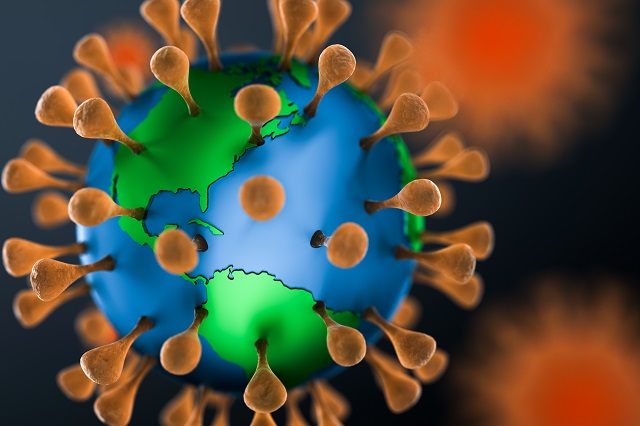
Credit: dowell / Getty Images
The coronavirus pandemic has been compared to the Great Depression and the Second World War, in terms of the threat it poses to democracy. Geopolitical risk analyst Ian Bremmer doesn’t think the crisis will usher in a new world order, but he believes it will intensify and speed up trends that many have worried about for years.
Bremmer, president of Eurasia Group and GZERO Media, discusses the impact of COVID-19 on global inequality, segregated societies, global leadership, our dependence on China and much more.
Three Takeaways:
- Since the 2008 financial crisis, global inequality and anti-establishment feelings have been on the rise in the U.S., Europe and around the world. With a major global economic recession ahead of us, which will further displace workers and disproportionately hurt the poor and the middle class, Bremmer says the divide between the haves and the have-nots will only get bigger.
- About a decade ago, Bremmer identified an absence of international leadership and a power vacuum on the world stage which he referred to as “G-Zero.” During the current crisis, many have been frustrated by the lack of American global leadership, but he says the problem extends well beyond the Trump administration and its “America First” agenda.
- The relationship between the U.S. and China has been fraught for a long time. Eurasia Group has called the divorce between the two countries in the technology sector, “the single most impactful geopolitical development for globalization since the Soviet Union collapsed.” Now, the coronavirus is set to make tensions much worse, painfully exposing our over reliance on China for medical supplies, pharmaceuticals and manufacturing.
More Reading:
- Here’s how COVID-19 has sped up the top risks for 2020 that Eurasia Group identified at the start of the year.
- Read about how global inequalities have been exacerbated by the coronavirus pandemic.
- If this is a bad news story for everyone, can there be winners and losers in this crisis? The diplomatic editor for The Guardian delves into that question.

